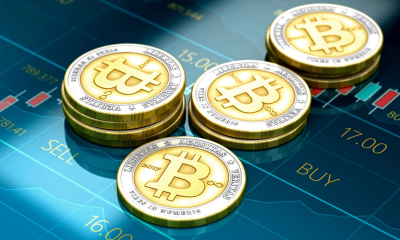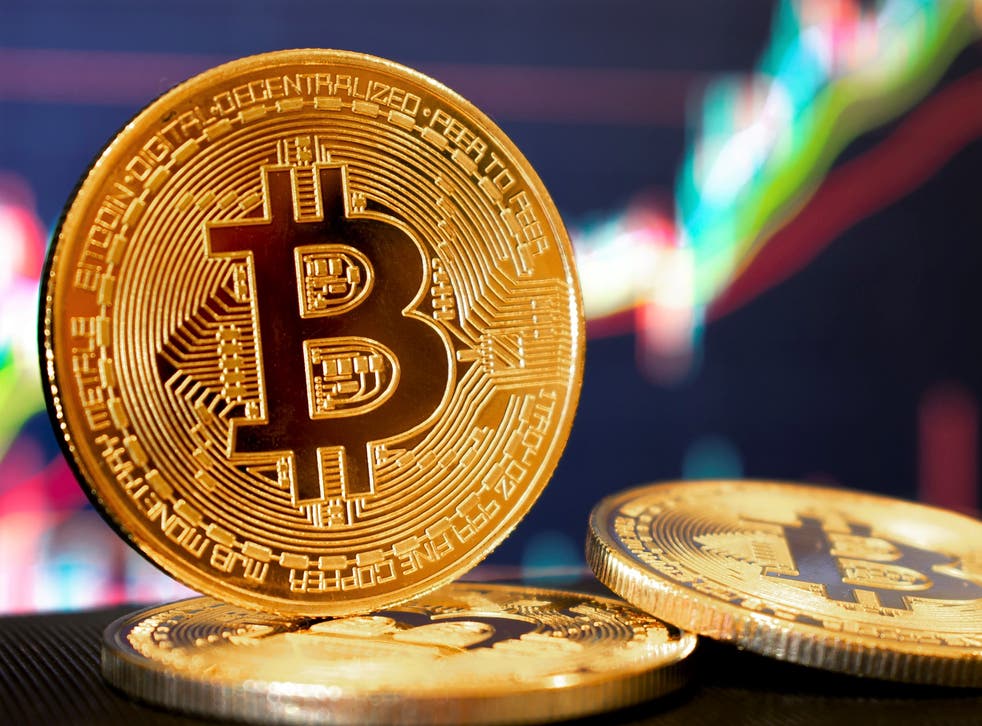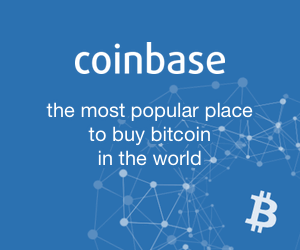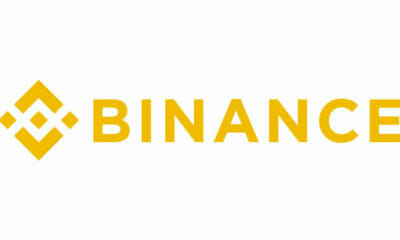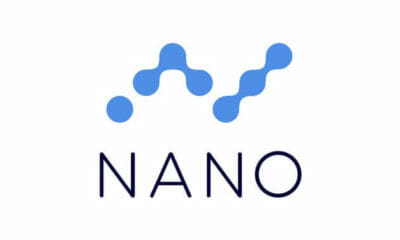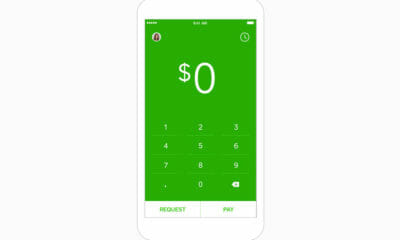It is several years in the making, but the Winklevoss Bitcoin Trust could be, emphasis on “could,” getting closer to becoming a reality.
Cameron and Tyler Winklevoss were ahead of the bitcoin exchange traded fund (ETF) curve, ranking as the first group to initiate plans for bitcoin-based ETF. As has been the case with all subsequent filings for related products, the Securities and Exchange Commission (SEC) has, to date, not approved any filings for ETFs related to bitcoin or any other digital currency for that matter. However, there is some good news for investors waiting on the Winklevoss Bitcoin Trust.
“Records show that Winklevoss IP applied for a patent on December 19, 2017, to facilitate a system for operating exchange-traded products holding digital currencies,” reports BTCManager.com. “The product explained in the patent application as ETP is similar to an ETF. An Exchange Traded Fund is a tradable security that tracks the price movement of a particular index or industry. ETFs are commonly used by investors to reduce risk and improve probable returns. The ETP as described by the patent will track the price movements of constituent cryptocurrencies.”
Regulatory Hurdles
Many ETF issuers expected the launch of bitcoin futures, which debuted on two U.S. exchanges in December, would help facilitate the debut of ETFs related to the cryptocurrency. Following the launch of bitcoin futures on Cboe and CME, a slew of ETF sponsors reapplied to launch bitcoin funds, but were still rebuffed by the SEC.
The Winklevoss Bitcoin Trust, which would trade under the ticker “COIN,” is designed to follow a basket of shares tied to bitcoin, the largest digital currency.
“Shares based on digital math-based assets may be redeemed using one or more computers by determining share price information based upon quantities of digital math-based assets held by a trust, electronically receiving a request from an authorized participant user device to redeem a quantity of shares, electronically transmitting a quantity of digital math-based assets from one or more origin digital asset accounts to one or more destination digital asset accounts associated with the authorized participant, and canceling the quantity of shares from the authorized participant,” according to the patent application.
In March 2017, the SEC rejected what was at the time the most recent application for the Winklevoss Bitcoin Trust. At the time, the SEC questioned the trust’s ability to adequately value bitcoin while also raising concerns about the lack of regulation surrounding the digital currency market.




